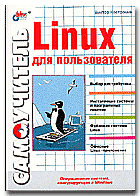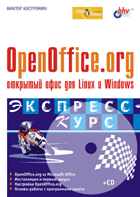Библиотека сайта rus-linux.net
Next: Electronic Mail Up: Managing Taylor UUCP Previous: Troubleshooting
Log Files
When compiling the UUCP suite to use Taylor-style logging, you have only three global log files, all of which reside in the spool directory. The main log file is named Log and contains all information about connections established and files transferred. A typical excerpt looks like this (after a little reformatting to make it fit the page):
The next important log file is Stats, which lists file transfer statistics. The section of Stats corresponding to the above transfer looks like this:
Again, the lines have been split to make it fit the page.
The third file if Debug. This is the place where debugging information is written. If you use debugging, you should make sure that this file has a protection mode of 600. Depending on the debug mode you selected, it may contain the login and password you use to connect to the remote system.
Some UUCP binaries included in distributions have been compiled to use HDB-style logging. HDB UUCP uses a whole bunch of log files stored below /var/spool/uucp/.Log. This directory contains three more directories, named uucico, uuxqt, and uux. They contain the logging output generated by each of the corresponding commands, sorted into different files for each site. Thus, output from uucico when calling site pablo will go into .Log/uucico/pablo, while the subsequent uuxqt run will write to .Log/uuxqt/pablo. The lines written to the various lofiles are however the same as with Taylor logging.
When you enable debugging output with HDB-style logging compiled in, it will go to the .Admin directory below /var/spool/uucp. During outgoing calls, debugging information will be sent to .Admin/audit.local, while the output from uucico when someone calls in will go to .Admin/audit.
%
Andrew Anderson
Thu Mar 7 23:22:06 EST 1996






